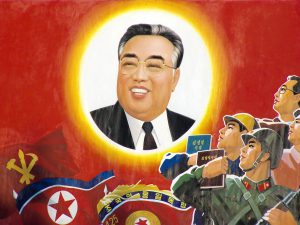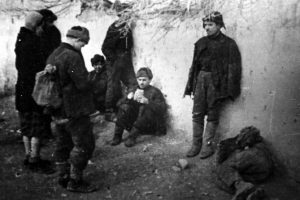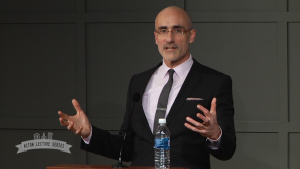


Given the dramatic disruptions of the COVID-19 pandemic, many are reflecting on ways to better love and serve our neighbors during times of crisis. While disciplined social distancing is the obvious first step, we also see a number of ground-up efforts to mobilize congregations and institutions to support the evolving needs of individuals munities.
For example, the largest church in Birmingham, Alabama—the Church of the Highlands—has coordinated with the governor and a local laboratory to host and facilitate drive-through coronavirus tests for local residents.
“In the span of just two days, doctors in Birmingham tested 977 people from across the state by using the parking lot and volunteers,” according to The Washington Post’s Sarah Pulliam Bailey. During those two days, they found eight new cases. The effort was made possible by a partnership between a local laboratory and the church’s independently run clinic, Christ Health Center, which serves more than 18,000 patients a year, according to Bailey.
The response is led by Dr. Robert Record, who also serves on the church’s staff. It is an encouraging example of civic and institutional collaboration, involving leaders munity and cultural spheres. As Bailey writes:
Record … said that last Friday he thought some patients had coronavirus symptoms, but he had no way of testing them. On Saturday, his friend Dr. Ty Thomas of Assurance Scientific Laboratories contacted him saying he wanted to conduct tests the lab had been developing since January. On Sunday, they met with church leaders and on Tuesday they tested 347 patients.
Almost everything is done while the windows are rolled up. Patients take a picture of their paperwork. Once they receive the test results from the lab, the clinic notifies the patient and the Alabama Department of Public Health … Those with health care are billed through their insurance; others do not have to pay for the test.
That same collaborative spirit is represented in the response team, which includes a mix of clinical workers, volunteers, and church staff. “Ten staff members from the 100-member staff at Christ Health Center were on site at the church campus on Tuesday,” according to ’s Greg Garrison. “About 100 volunteers helped, many of them with clinical experience, plus 20 staff members from the Church of the Highlands and three staff members from Assurance Scientific, Record said.”
The church is also taking steps to minister beyond physical testing, using the long waiting lines as an opportunity to support patients in prayer.
“As e on the property, there’s a radio station that gives them instructions, as simple as the medical forms they’ll be asked to fill out, but also a phone number that they can call in for prayer,” says associate pastor Layne Schranz. “This morning, within the first 30 minutes, 321 called in for prayer. We’re trying to not just not meet the physical and medical needs of people, we’re also trying to take care of people spiritually.”
The partnership offers an inspiring example of how churches might begin to innovate and adapt to support patients munity members in a crisis. The unique mix of collaborators—the existing infrastructure of the church, the clinic, and the laboratory—reminds us of the importance of long-term institutional investment.
As Doug McCullough and Brooke Medina noted earlier this week, the church has a long history of organic response and institution building, particularly when es to responding to medical epidemics and pandemics:
In the second century, the Antonine Plague wreaked havoc and death across the Roman world. Paganism, which was the ruling religion of the time, did not possess a theology of care passion for the sick, which led many of the diseased to be abandoned to their fate. However, Christians who pelled by passion central to mandment to “love our neighbor as ourselves” took a different approach. Professor John Horgan notes that during the plague “Christians often stayed to provide assistance while pagans fled.”
These early believers regularly risked their lives by taking the sick in and providing the dead with proper burials. Instead of allowing fear to drive them to turn their backs on suffering men, women, and children, they courageously went into the most perilous areas to fort, care, and the Gospel. Over the centuries, the moral courage and institutional strength of the Church has been one of its greatest assets.
The question, they continue, is whether we are truly prepared to continue that legacy in the modern age.
“Is the Church of the twenty-first century prepared to handle tragedy and disaster with similar grace?” they ask. “Are our moral muscles conditioned to passion and care during times of crisis, or have we allowed them to atrophy, content to allow others to be our brother’s keeper?”
The cultural landscape may have shifted, leading to significant declines in institutional munal life across America. But as we observe these volunteers and clinical servants in Birmingham—as well the countless other responses across countless munities—we can take heart that those moral muscles are, indeed, still working.
of the Highlands. Used with permission.)









